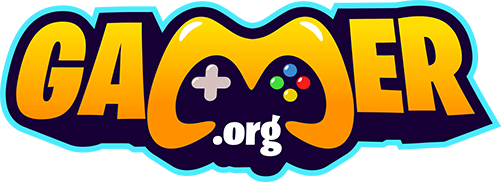In competitive Valorant, success often depends on a delicate balance of strategy, synergy, and stubbornness. But even strong teams can run into internal issues that threaten to disrupt their flow. Such is the case with Paper Rex, a team that has repeatedly proven its worth on the international stage but is now facing unknown waters, coached by Alexandre “alecks” Sallé.
A strange thing happened during the VCT Pacific Stage 1 regular season that had fans and analysts scratching their heads. Coach alecks said three words that even the most seasoned veterans of the Valorant community could not comprehend: “Don’t over push.” This remark sparked questions from FNS, another prominent figure in the scene, questioning the wisdom of alecks’ advice altogether.
Jinggg’s Return: A Bittersweet Homecoming

In an exclusive interview with ONE Esports, alecks reveals what really goes behind the scenes of Paper Rex and the difficulties it faces. The team’s biggest test is the return of Wang “Jinggg” Jing Jie, a duelist main who was forced to retire due to compulsory military service in Singapore.
Jinggg’s return definitely brought cheers from fans but it also posed a unique set of challenges for the team. Paper Rex brought in Cahya “Monyet” Nugraha from Global Esports to fill the void left by Jinggg’s absence. As a controller main, Monyet stepped up to the plate, picking up Raze to support the team’s efforts.
Alecks candidly expressed the bittersweet nature of the situation, acknowledging the difficulty in delivering the news of Monyet’s benching to accommodate Jinggg’s return. “First of all, it’s not the happiest thing to do. I built a relationship with Monyet,” alecks admitted, describing the situation as “unavoidable.” While chemistry within the team remains intact, the decision to reinstate Jinggg on the original roster, the iteration that has achieved the most success in the organization’s history, was a pragmatic choice.
A Commitment to Support

However, alecks emphasized Paper Rex’s commitment to supporting Monyet, whether he chooses to fight for a spot on the main roster or pursue opportunities elsewhere. The coach even plans to dedicate a week after the playoffs to work one-on-one with Monyet, reviewing his performance at Masters Madrid and providing valuable guidance.
Adapting to Change: Disruption and Uncertainty

The ripple effects of Jinggg’s return extend beyond the roster changes themselves. Existing players must now adapt to a refreshed set of strategies, disrupting months of hard work and familiarity.
Alecks also touched upon the challenges faced by individual players within the team. He pointed to the struggles of Ilya “something” Petrov, a momentum-driven player who has faced confidence issues and struggles to find his footing in the ever-evolving meta. Additionally, alecks acknowledged the need to refine the team’s composition, leaning towards a more structured approach with defined roles rather than excessive flexibility.
Embracing the Future: Adaptation and Resilience

Despite the internal turmoil, alecks remains optimistic about the team’s future prospects. He emphasized the importance of adapting to the current meta, which leans towards double initiators, and suggested potential adjustments, such as utilizing Forsaken’s exceptional Yoru prowess more frequently and finding the right balance between aggression and support roles for players like something and Monyet.
As the Valorant scene continues to evolve at a breakneck pace, teams like Paper Rex must navigate these challenges with poise and resilience. Alecks’ candid observations provide a rare window into what makes a top-tier competitive team. Although the road ahead is not without its challenges, the determination and spirit of Paper Rex remain unwavering, and they are certainly embarking on a drama-packed future in Valorant esports.







